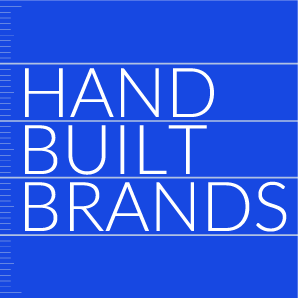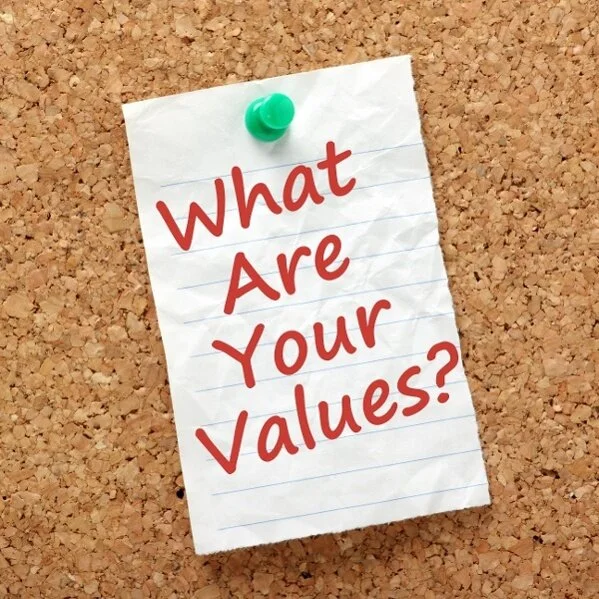A Story About Core Values
When I was considering starting HandBuiltBrands, I thought about core values a lot and what I wanted the company to be. I went through what's called the “5 Whys Exercise”, and I've boiled everything I wanted down to 4 things:
Freedom
Respect
Fun
Health
I codified these right at the beginning. And I put them on the wall. Well not really on a wall... I didn't have an office for the first year. But I wrote them on my heart. Let's say that.
To me, these were the North Star. They were the reasons why we existed. They would guide all of our decisions.
Until one day I realized that they weren’t.
They weren’t really our core values.
Maybe the distinction was those values were what was important to me, personally, but they were not what was important to the business.
Here’s an example:
One of our team members started falling off the bus, so to speak. I knew their talent was still there, but their delivery velocity had dropped; their work was not as accurate as it should have been. I didn't feel like they were as persistent as they could have been to get to the right solution for the client. Their impact per dollar dropped. They weren't as responsive as the rest of our team, and it was holding up other processes within the workflow, and that made it all not quite as fun. They weren't as fun to work with as they used to be, like the rest of the team was.
I evaluated them against the current core values. I wouldn’t necessarily say they were failing in any of the four categories (freedom, respect, fun and health). In fact, they were probably thriving in at least 2 of them.
So what did I do? That's right - I went to the whiteboard. I started writing down all of the qualities that I thought made an effective team member.
Grit (Persistence / hard worker / resourcefulness) - If you have to tell someone, “Hey that's already been provided” or “Hey let me Google that for you,” then they are probably failing in this category. You can also test this very easily to leave out a piece of easily attainable information and see what happens. Or like we did with a teammate in a Skype interview -- we gave very un-detailed instructions on joining a skype call. And we checked to make sure they showed up on time (Yes, future talent, we track that. Be on time or early.)
Responsiveness - To me this is a really big deal. (In the grand scheme of life, it's probably not that important.) But in this phase of our business, responsiveness is very important IMHO.
Accuracy - This could be coined as being correct or attention to detail. But we chose the word accuracy because your work is going to be as accurate as the information that you have. If you choose not to look at all the information that you have, then your work is going to be inaccurate, and that's pretty intolerable.
Velocity - How quickly they can handle things.
Impact per dollar - You know what I'm talking about. The value --tangible or intangible-- has to be there. On paper they may or may not be expensive. But are they consistently delivering valuable service to the client?
Talent - That's just got to be there.
Yayful - Fun to work with - Sometimes this can be a combination of everything, but if someone's not fun to work with, why work with them?
[P.S.] it wasn’t until about 7 years after this that I figured out that this is an acronym of GRAVITY. (Yayful is a little forced, but we’re going with it.)
So let’s say that every team member gets graded by their superiors, peers and clients every month in these categories. You would see really quickly from a management perspective who is thriving and who needs training. You’d see which team members others want to work with.
And just like the clients are grading the team, what if you graded clients on this scale? Who would rise to the top? Who would people want to work with?

